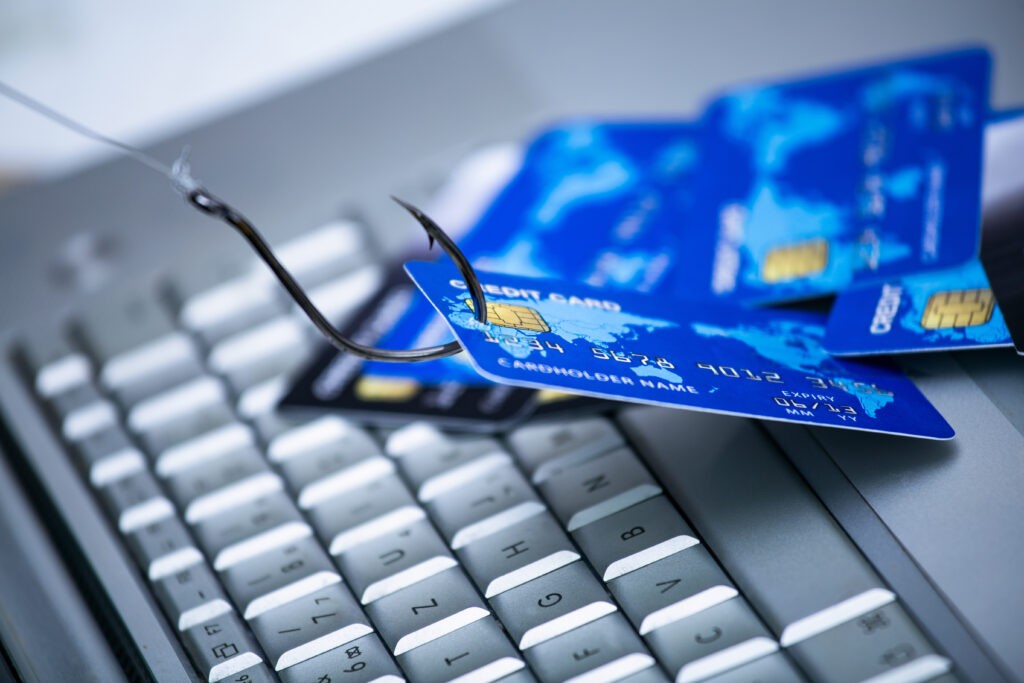The 2 benefits of Phishing Security Test
Learn how to protect your business from data breaches

There is a common misconception that phishing is easy to spot and that only less technically-savvy people will fall victim but this is far from the truth. A phishing test holds the dual benefit of measuring your company’s risk and training your employees on what to look for in these attacks. Phishing Security Test familiarise employees with cyber threats to create a line of defence and push for a safer environment. In order to combat these threats, staff need to understand the telltale signs of an attack, the common techniques criminals use and what to do when they believe they’ve received a phish.
Protect your business from data breaches
The goal of running phishing attack simulations is to prevent data breaches by creating a culture of security that can extend to an entire organisation. This one speaks for itself, really. Simulated phishing emails teach your employees how to spot a phishing attack so that they won’t fall victim to a real one, should it find its way into their inboxes. This means that they’re far less likely to click on a malicious attachment or URL if they’ve learned to be suspicious of it.
Phishing simulations can also enable you as an admin to identify any individuals or user groups who aren’t so tech-savvy or security-aware, so that you can recommend or assign further training to them. This will help you patch any vulnerabilities in your workforce’s knowledge and create a stronger line of defense.
Become compliant and ensure insurance
A lot of regulatory frameworks, including General Data Protection Regulation (GDPR) and Payment Card Industry Data Security Standard (PCI-DSS), require organizations to undertake security awareness training in order to become compliant. Testing is recommended as a part of this training in order to track progress and improvement over time. Organizations that aren’t compliant can face huge fines. The European Union’s GDPR, for example, sets a maximum fine of 20 million euros or 4% of the company’s annual turnover—whichever is greater—for infringements. Most companies would find it impossible to recover from such a loss. Non-compliant entities risk losing their merchant license, meaning not accepting credit card payments even for several years. Businesses without PCI-DDS become a potential target of cyber attacks that result in reputational damage and end up with financial penalties from regulatory bodies that may reach up to $500,000 in fines.


